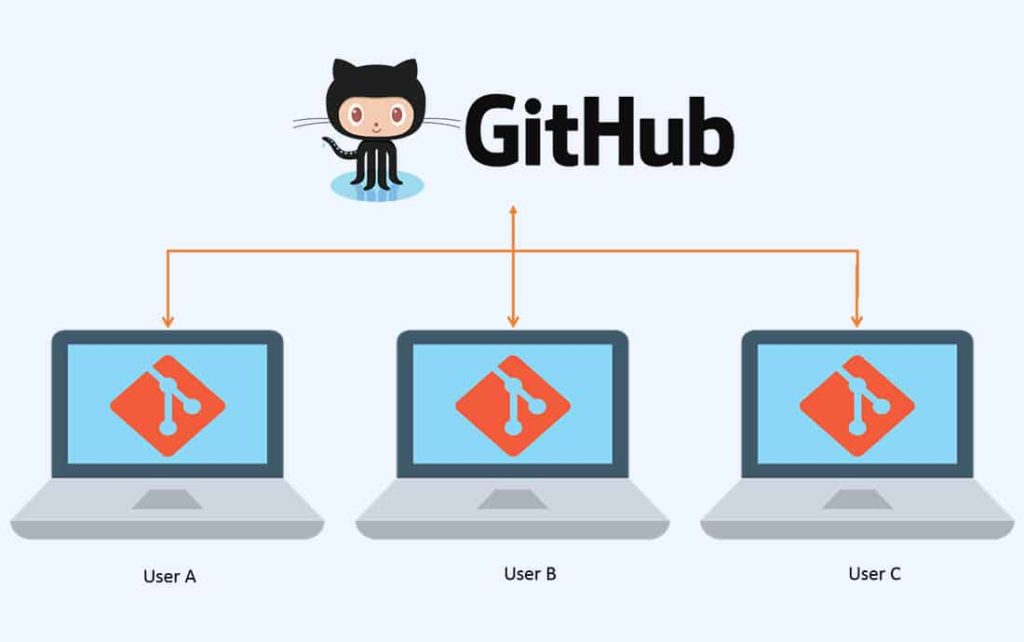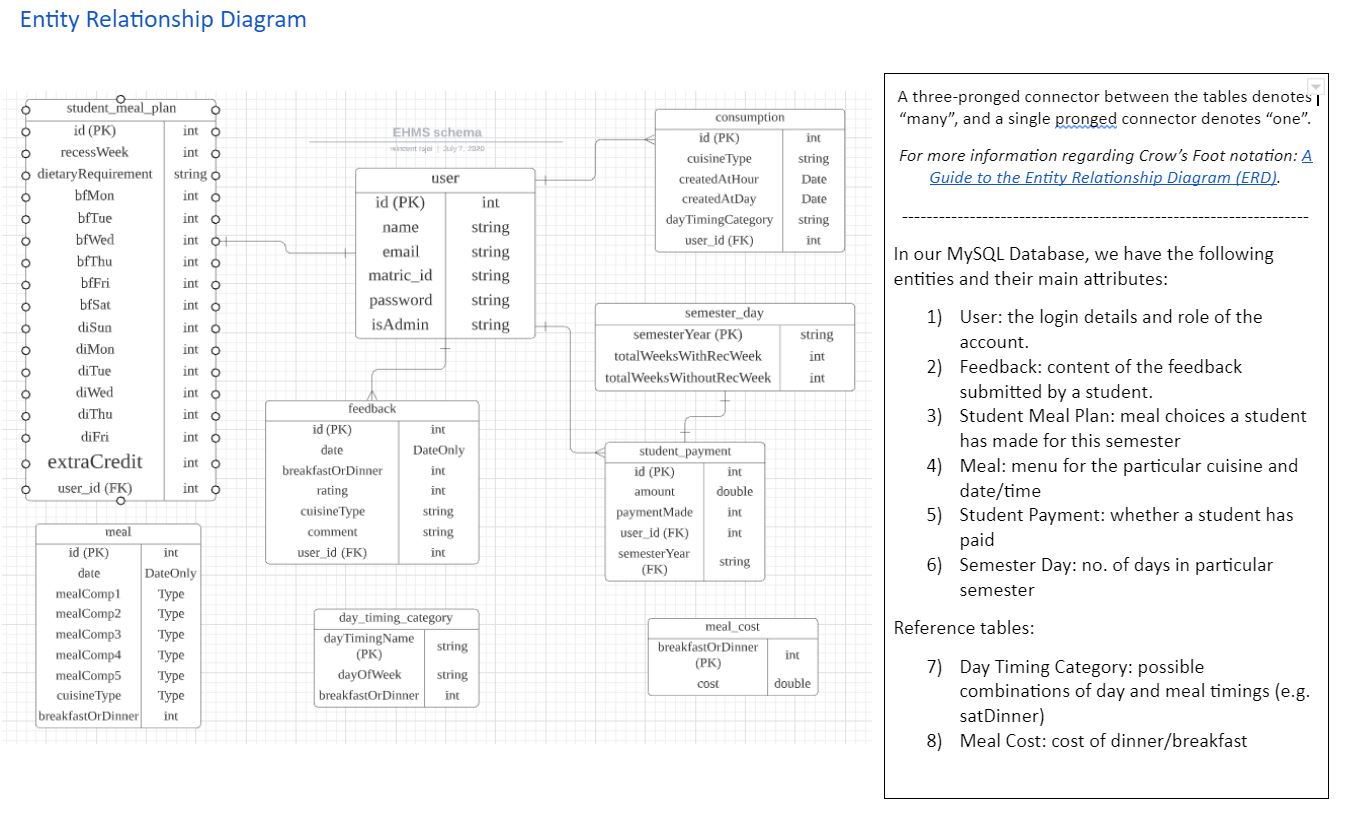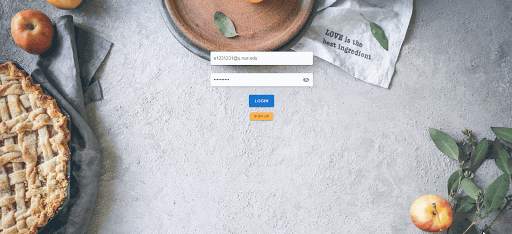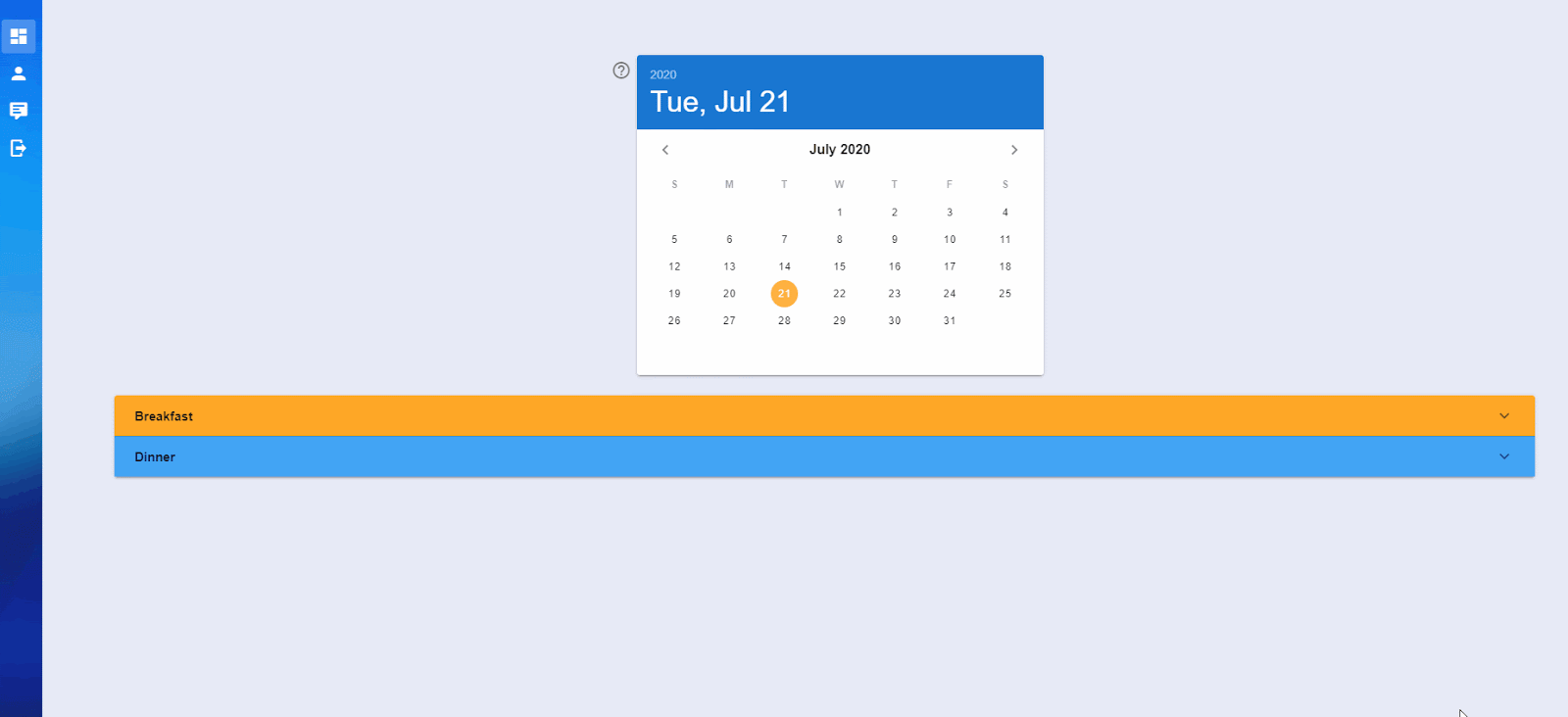Hostel Meal System
VueJS + NodeJS/Express + Sequelize + Github = The Beginning
Introduction
NUS Computing offers a programme called Orbital, where students are encouraged to explore anything as a pair (related to programming, duh!) during the summer break. Most of the students who take this programme are year 1 students, as seniors are usually busy doing their summer internship. Since it is not easy to get an internship as a year 1 student due to our limited knowledge, why not make full use of our 3 months break right by taking up this programme?
Back in year 1, I stayed in NUS hostel and my neighbour happened to be a CS student. Undoubtedly, we became close and decided to pair up for Orbital. So what is this project about? No one will tell us what to do, not even the project idea. We are supposed to brainstorm, self-learn and code out everything ourselves. One day, there was an election for our hostel's committee members, in which their responsibilities include planning for hostel activities, or to be the bridge between the residents and hostel staffs in general. After the President's candidate campaign speech, many residents asked him about the issue of hostel meals, which this will lead us to the next section.
Problem
Student's perspective: Student residents are expected to pay a fixed amount of money to stay in their colleges/ halls at the start of the Semester. However, from past experiences, many students have underutilized credits at the time when they finished the Semester.
School/ Food Caterer's perspective: The money that colleges or halls had received from students gave them the responsibility that a certain amount of food needs to be produced so as to accommodate meals to all the students living in the area, which includes weekends and recess week period. Many times during weekend or recess week, students choose to return home and hence they do not consume their meals even when they are entitled to, hence this leads to food wastage.
Solution

Nonetheless, before even we can come up with a solution, we have to conquer the first hurdle, Github. We took a couple of days to learn Github so that we can collaborate effectively. Looking back now, our version control was done terribly (violates good practices of version control), but sufficient for our project to be done.

After learning the basics of VueJS and built the front-end skeleton with dummy data, we planned the database schema using LucidChart before proceeding to do backend. Finally, I understand how database works in general.

We build a very simple dashboard. To us back then, it was still such an achievement to figure out how the front and backend get integrated. In some way or another, it trained us to be an effective independent learner.

The main idea of our solution is so that residents can register a flexible amount of quota that they want to purchase at the start of the semester. Students would be able to choose which days they would want to consume food, and whether they would want consume during recess week.
There are a lot more other features which I have not shown here. We have also built an admin module for hostel staffs to track consumptions, feedback forms for food, and meal plan to be shown to students! I think the page will be too lengthy if I incorporate all the other features, so if you're interested to find out more, you can check out the full documentation below.
Conclusion
A very fulfilling project indeed, especially since I had zero background about website development prior to this. Learning about the basics of version control, HTML, CSS, VueJS, NodeJS/Express, and databases all in 3 months. Our team's mentor wanted to push this project into the production level, replacing the existing hostel meal website which would be a huge upgrade to the current one. Unfortunately, it wasn't that easy to get access to the school's database and we understood - especially our code was not at a production standard back then. Nonetheless, I cannot deny but it was a productive summer break indeed.